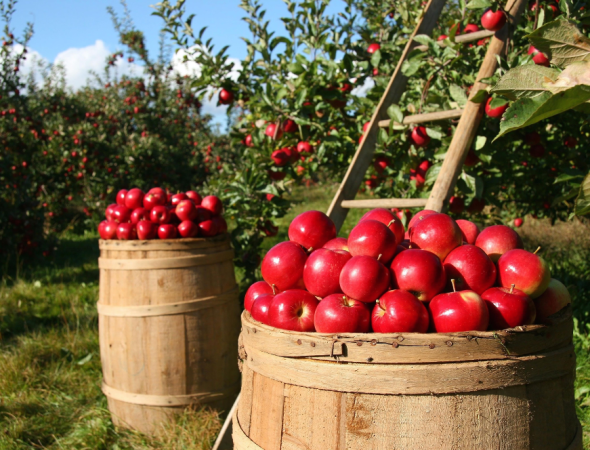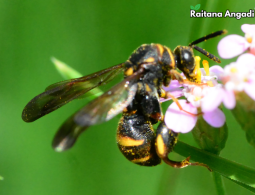Harnessing the Power of Biological Controls in Organic Farming
In organic farming, controlling pests without resorting to synthetic chemicals is crucial for maintaining a healthy and sustainable ecosystem. Biological control, which involves introducing beneficial insects that prey on pests, is an effective and environmentally friendly method. This guide will help you understand and implement biological controls on your farm.
What is Biological Control?
Biological control is the use of natural predators, parasites, or pathogens to manage pest populations. This method leverages the natural relationships between organisms to keep pest numbers in check, reducing the need for chemical interventions.
Benefits of Biological Control
- Environmentally Friendly: Biological control reduces the reliance on synthetic pesticides, which can harm the environment and non-target species.
- Sustainable Pest Management: By establishing a balance between pests and their natural enemies, biological control provides long-term pest management solutions.
- Safety: Beneficial insects pose no risk to humans, animals, or plants, making them a safe option for pest control.
- Cost-Effective: Once established, biological control agents often require minimal maintenance and can be a cost-effective pest management strategy.
Key Beneficial Insects for Pest Control
- Ladybugs (Ladybird Beetles): Ladybugs are voracious predators of aphids, mealybugs, and other soft-bodied pests. They can consume hundreds of pests in their lifetime, making them highly effective biological control agents.
- Predatory Beetles: Ground beetles and rove beetles are beneficial predators that feed on a wide range of pests, including caterpillars, slugs, and root maggots. They are particularly useful for controlling soil-dwelling pests.
- Parasitic Wasps: These tiny wasps lay their eggs inside or on pest insects, such as caterpillars, aphids, and whiteflies. When the eggs hatch, the larvae feed on the host, eventually killing it. Parasitic wasps are highly effective in reducing pest populations.
- Green Lacewings: The larvae of green lacewings, known as “aphid lions,” are fierce predators of aphids, spider mites, thrips, and other soft-bodied insects. They can significantly reduce pest numbers in a short period.
- Nematodes: Beneficial nematodes are microscopic worms that parasitize soil-dwelling pests, such as grubs, root maggots, and weevils. They enter the pests’ bodies, release bacteria that kill the host, and then reproduce, continuing the cycle.
How to Implement Biological Control
- Identify Pests: The first step in implementing biological control is to accurately identify the pests affecting your crops. This will help you select the most effective natural enemies.
- Introduce Beneficial Insects: Purchase beneficial insects from reputable suppliers and release them in your fields or gardens. Follow the supplier’s instructions for optimal release conditions and timing.
- Create a Hospitable Environment: Provide a habitat that supports the survival and reproduction of beneficial insects. Planting diverse crops and flowering plants can supply nectar, pollen, and shelter for these insects.
- Monitor and Evaluate: Regularly monitor pest and beneficial insect populations to assess the effectiveness of your biological control strategy. Make adjustments as needed to maintain a balance between pests and natural enemies.
- Reduce Chemical Use: Minimize the use of chemical pesticides, as they can harm beneficial insects. If pesticide use is necessary, opt for selective and less toxic options that are less likely to affect non-target species.
Tips for Successful Biological Control
- Timing is Crucial: Release beneficial insects early in the growing season or at the first sign of pest activity for the best results.
- Diversity is Key: Encourage a diverse ecosystem by planting a variety of crops and flowers. This supports a wide range of beneficial insects and enhances the resilience of your farm.
- Provide Resources: Ensure that beneficial insects have access to food, water, and shelter. This can be achieved by planting cover crops, maintaining ground cover, and installing insectary plants.
Conclusion
Biological control is a cornerstone of organic farming, offering an effective, sustainable, and environmentally friendly solution to pest management. By introducing beneficial insects such as ladybugs, predatory beetles, parasitic wasps, green lacewings, and nematodes, you can naturally control pest populations and promote a healthy farm ecosystem. Embrace biological controls to enhance your farm’s productivity, reduce chemical inputs, and contribute to a more sustainable agricultural future.














Add comment